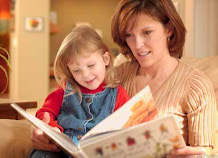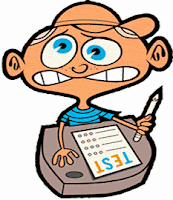Loneliness in Kids with Autism Spectrum Disorder

It is hard to know if kids with ASD (high functioning autism) are as lonely as their moms and dads believe they are. Therapists do know that playing with a friend, making a friend and being with a friend are "overwhelming skills" for ASD children. Kids without autism make no sense to "autistics," because they are totally preoccupied with their own agendas. Teaching ASD children social skills is a big task for moms and dads and educators. It is not like teaching the child how to ride a bicycle or tie a shoe, but rather trying to teach something no one formally taught you. How do you teach someone how to read a room, especially someone who has no understanding of other individual's emotions and body language? Kids with autism have no idea about how to reason socially and come up with proper courses of action in social situations (e.g., one guy with ASD level 1 got lost in the school corridors on his way to gym. He had forgotten the route, but he did not th


